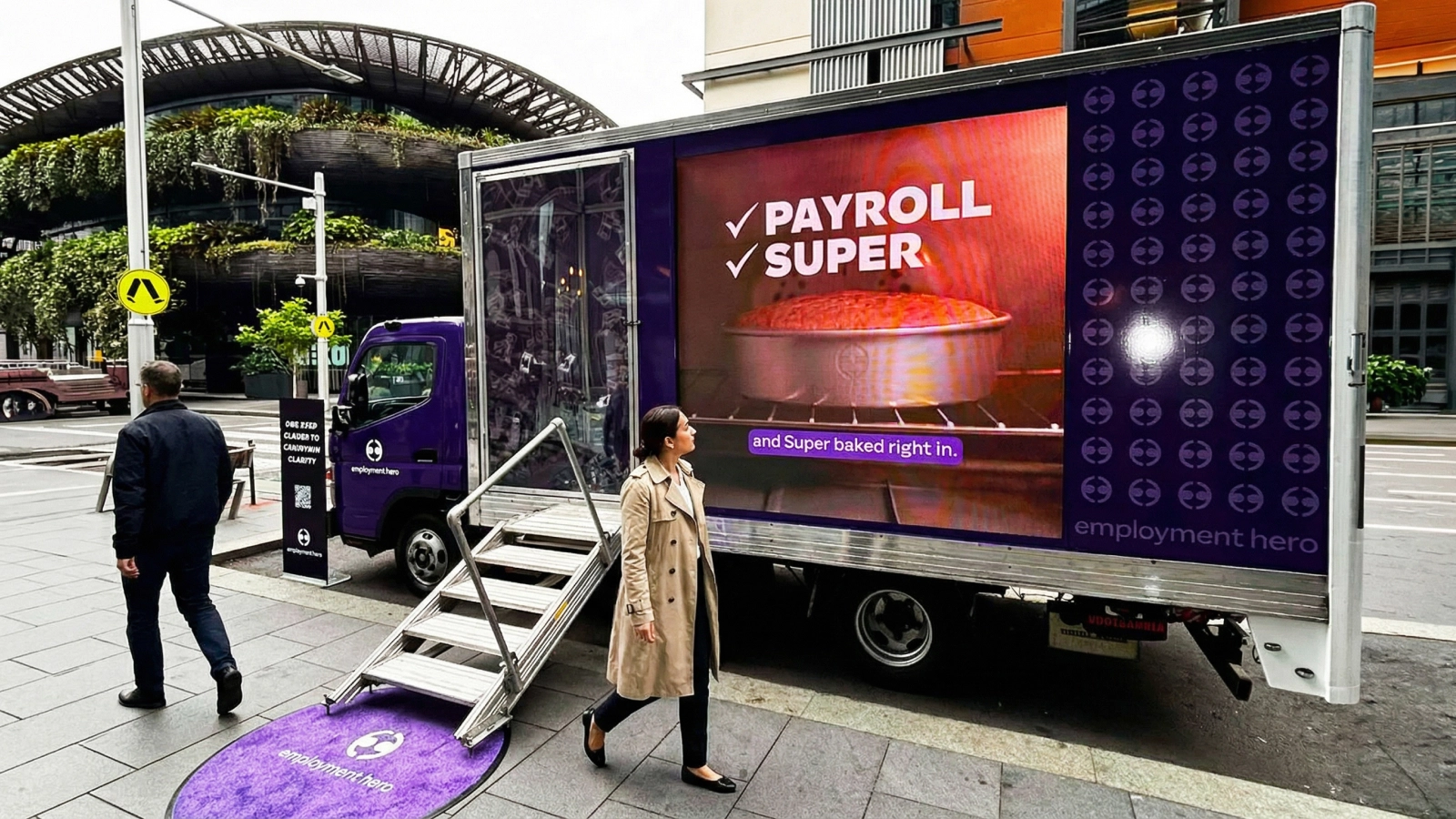South Australia is the best place in Australia to do business and Victoria is worst, according to a state-by-state analysis of the nation’s red tape landscape.
It was the 3rd consecutive crown for South Australia in the Business Council of Australia’s Regulation Rumble, which ranks states on a range of rules, taxes and policies.
Tasmania finished 2nd, followed by the Northern Territory, Australian Capital Territory, New South Wales, Queensland and Western Australia.
Victoria finished 8th out of 8 for the second year running.
All States Are Not Created Equal
The report was designed to turn a spotlight on bureaucratic handbrakes that make it harder for businesses to operate in some states than others.
South Australia topped the nation with the most competitive payroll tax and for having the best planning scheme from an applicant’s perspective. It was 2nd for ease of business licensing, with the only black mark an 8th ranking for expensive insurance duties.
New South Wales ranked 2nd in payroll tax but was declared the worst state for planning – bad news, the report noted, amid a housing supply and affordability crisis.
“New South Wales remains with the most work to do on its planning system. While it scored highly in transparency, it is relatively inefficient and lacks the level of consistency and certainty of other jurisdictions.”
SMEs Find Rules and Regulations So Taxing
Queensland was found to have the most competitive workers compensation premiums, costing 30 per cent less than the most expensive jurisdiction, the Northern Territory.
The two territories were ranked first for retail trading hours, since neither has any legislation restricting trade. Of the states that limit public holiday trade, Western Australia ranked last for allowing the fewest exemptions and shortest trading hours.
The ACT placed best for property taxes, charging no land tax on commercial property and offering competitive tax scaling and stamp duty for small businesses.
It’s Not Too Late To Cut Red Tape
The report declared Victoria a decisive last for property taxes and business licensing.
Business Council of Australia Chief Executive Bran Black hoped the report would nudge Victoria to cut red tape and encourage business growth.
“If Victoria wants to get serious about winning more business activity and jobs, tax changes need to be at the heart of its plan. So too must red tape. Victoria requires about two-thirds more licences and regulatory requirements to open a cafe than the Northern Territory and around 50 per cent more than in South Australia. That’s time and money drained from small operators before they’ve even served a coffee.”
Businesses Want A Level Playing Field
More broadly, the report calls for states to eliminate the regulatory maze that makes it challenging for businesses to work across borders. The BCA wants an end to duplication and inconsistencies in regulating identical activities.
Says CEO Bran Black: “States and territories should be in a race to the top to have the best settings, as a strong business sector will drive investment and productivity, and raise living standards.”


























